is Wartburg College religious?

is Wartburg College religious?
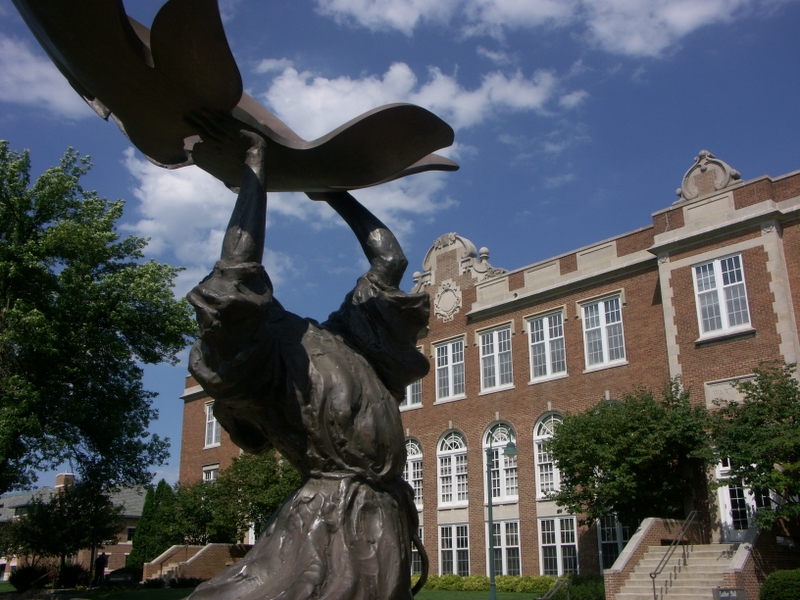
Statue of St. Francis at Wartburg College
Wartburg College: A Blend of Education and Faith

Iowa quarter dollar coin
United States Mint –
Wartburg College, located in Waverly, Iowa, is a liberal arts institution affiliated with the Evangelical Lutheran Church in America (ELCA). The college was founded by German immigrants in 1852 and named after Wartburg Castle in Germany, where Martin Luther translated the New Testament into German during the Reformation. Today, the college continues to honor its roots by offering a blend of secular education and faith-based learning.

DeSoto Lake at DeSoto National Wildlife Refuge
The religious foundation of Wartburg College is present, though not overwhelmingly so. The ELCA affiliation allows the college to provide a supportive environment that encourages spiritual growth alongside academic development. This manifests in multiple ways throughout the student’s college life, fostering a sense of community, acceptance, and understanding among students of different faiths or no faith at all.
An integral aspect of the college’s commitment to its faith roots is the emphasis on service.
Wartburg students are encouraged to engage in service projects and community outreach initiatives. This commitment to service and community development is rooted in the college’s Lutheran tradition that views service as a crucial part of one’s faith journey and education.
is Wartburg College a good school?
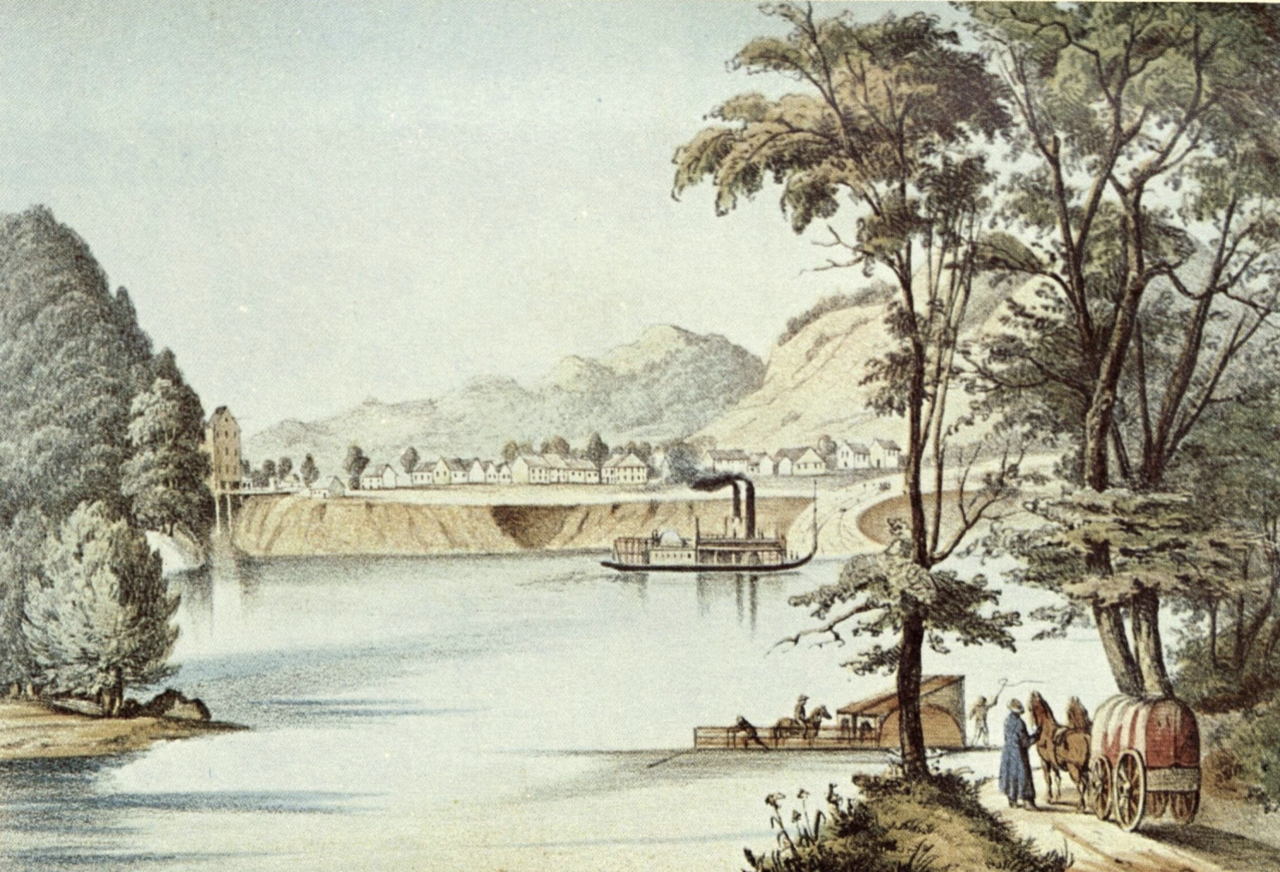
Bellevue along the Mississippi, 1848
At Wartburg, religious expression is encouraged but not enforced. A variety of worship services and faith-based groups are available for students to participate in, including weekly chapel services, Bible study groups, and interfaith dialogues. However, there is no religious requirement for admission, and students are not obligated to partake in any religious activities. Wartburg welcomes and respects students from all faith backgrounds and those without any religious affiliations.
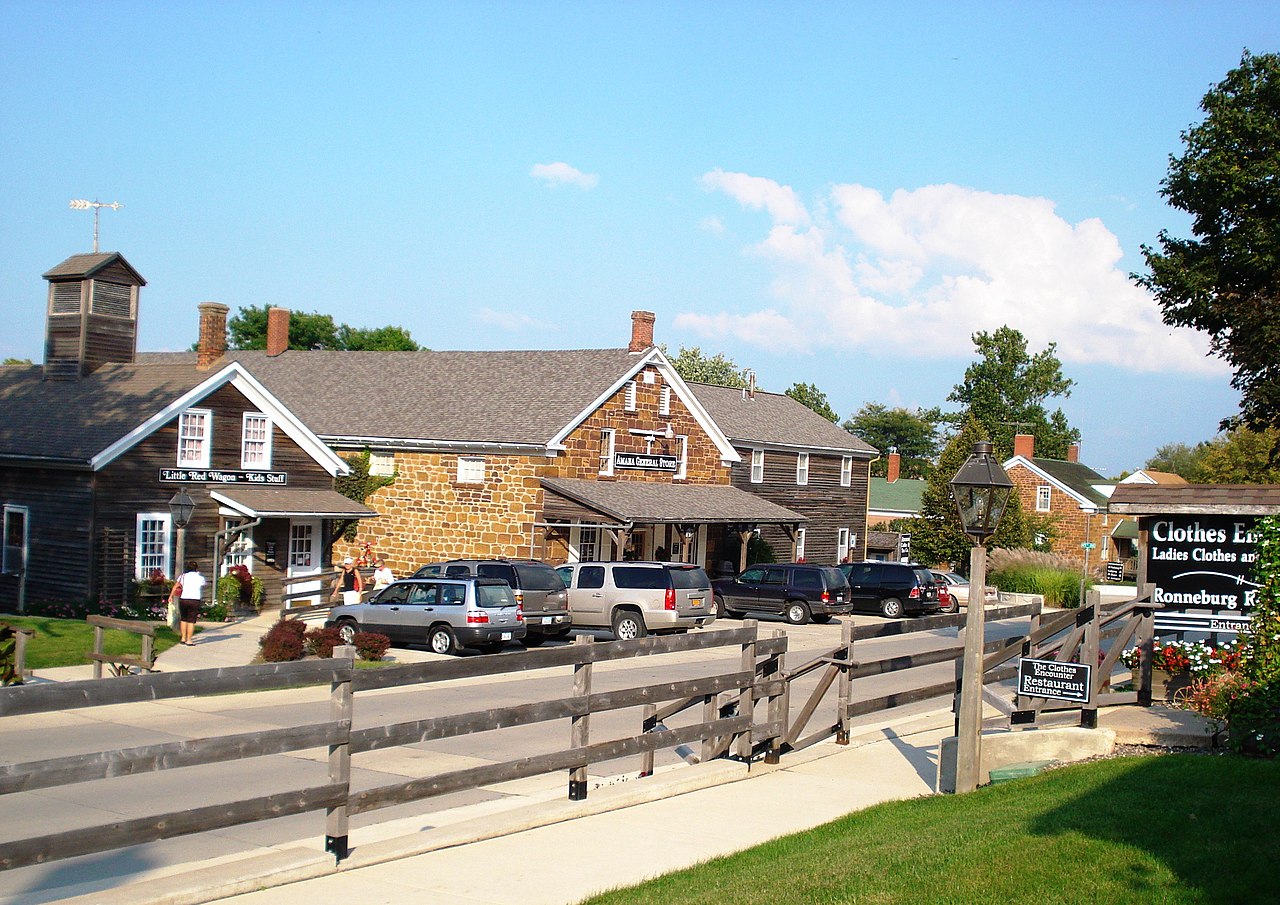
Amana Colonies were founded by German Pietists.
The college’s curriculum incorporates a broad, liberal arts education that offers a wide range of secular subjects in addition to religious studies. This holistic approach to education designed to develop well-rounded individuals capable of critical thinking, problem-solving, and effective communication.
Top 10 Liberal Arts Colleges
However, it is important to note that Wartburg’s commitment to Lutheran tradition is not just about religion!
However, also about values. The college’s mission and vision are deeply rooted in principles such as leadership, service, faith, and learning. These principles guide the educational experience at Wartburg, instilling a sense of social responsibility and ethical consciousness in its students.
In conclusion, Wartburg College presents a unique blend of secular education and religious heritage. The college’s religious identity provides a spiritual dimension to the academic experience, offering students an opportunity to explore their faith (or lack thereof) in a respectful, inclusive environment. This integration of faith, learning, and service prepares students to lead lives of leadership and service as citizens in a globally connected world. Prospective students considering Wartburg College can look forward to an educational journey that values both intellectual growth and spiritual exploration.
is Wartburg College religious?
Wartburg College – Wikipedia
is Umass Amherst good?
Yes, Umass Amherst stands as an excellent university.
Moreover, considered among the top 200 globally in almost every university ranking index.
Furthermore, the school offers a spectacular array of fields of study. From agriculture, to biotechnology to finance & accounting.
Furthermore, the university is a member of the Five College system. As a result, students enjoy access to Amherst College, a school that rivals Harvard & Princeton. In addition, to Smith, Mt. Holyoke & Hampshire College! (see: Five College Consortium – Wikipedia)

Rebellion Research CEO lecturing at UMass
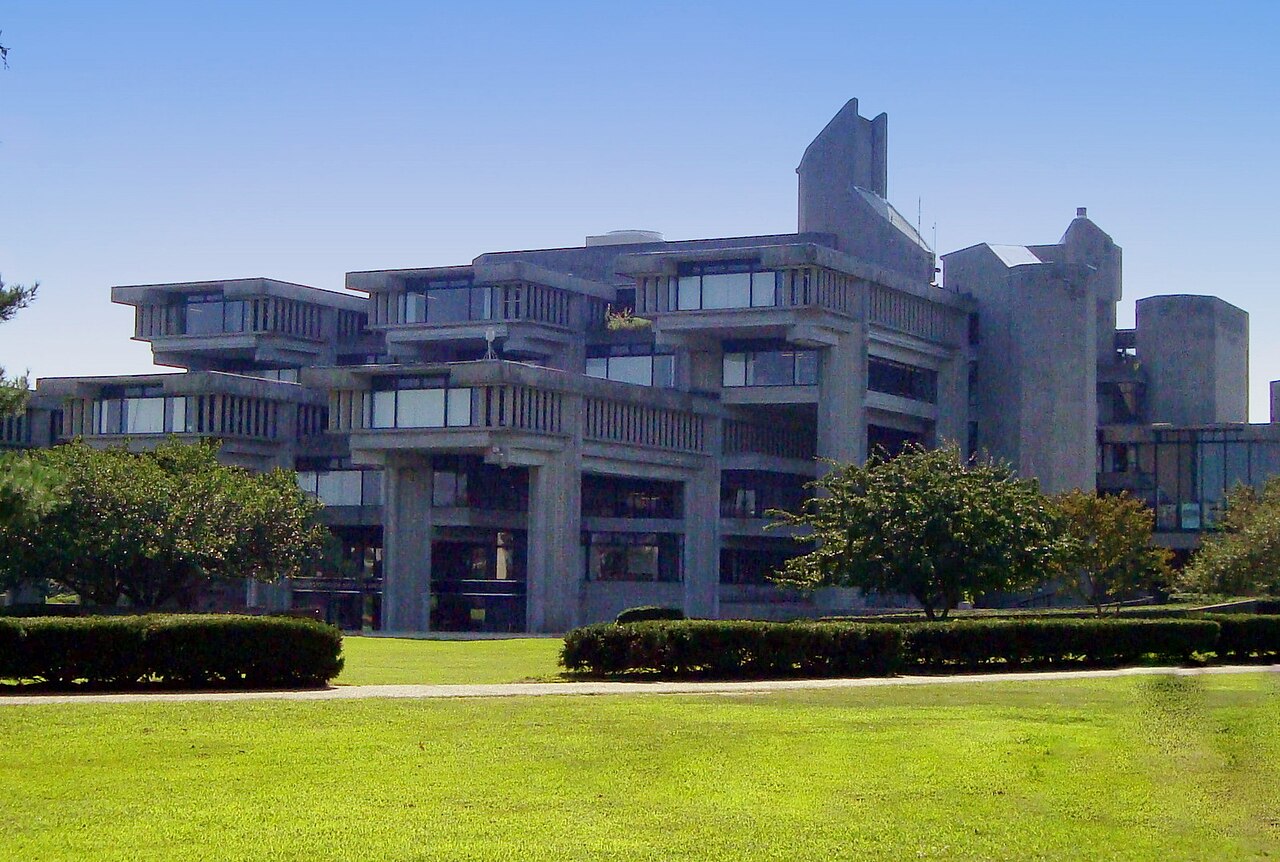
The Claire T. Carney Library

Cumnock Hall, on North Campus
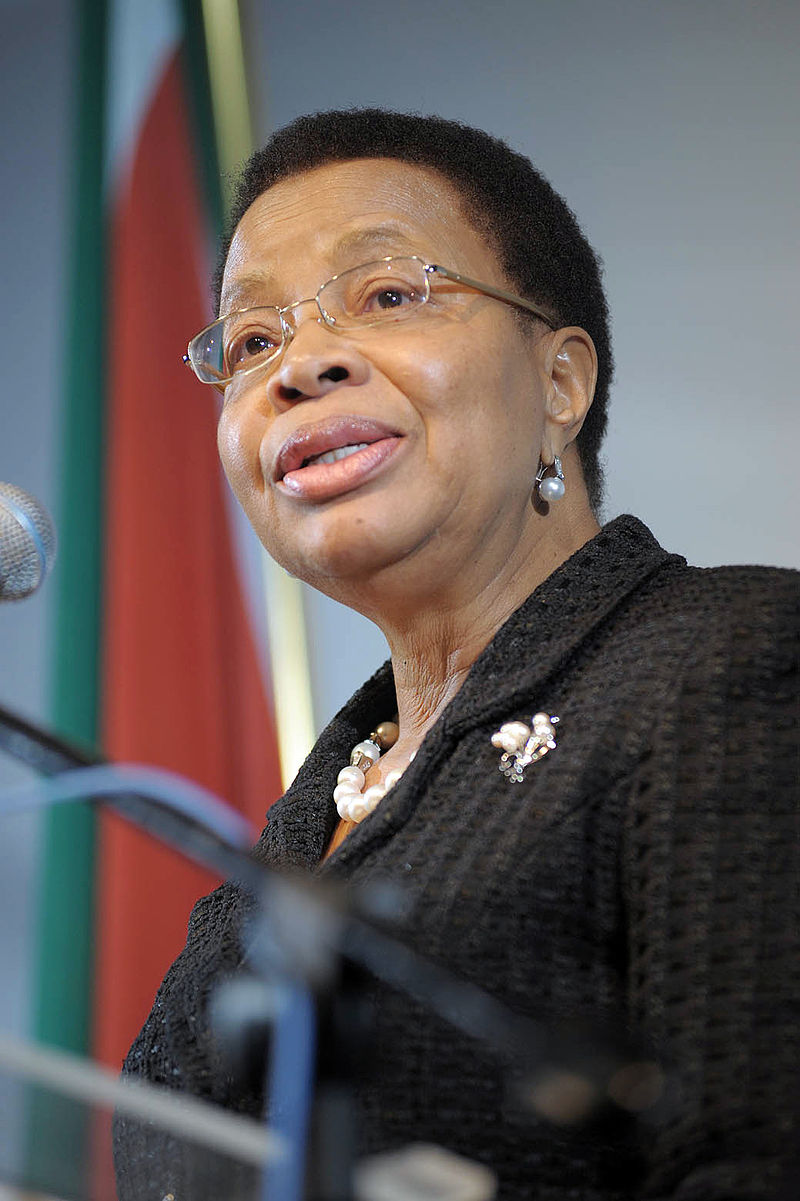
Graça Machel (DHL), First Lady of South Africa
Amherst
Wikipedia
is Wartburg College religious?
is Boston University good?

688 Boylston Street, the early home of the College of Liberal Arts, the precursor to the College of Arts & Sciences
Before we begin our University examination, let’s look at the story of a current BU student:
My journey at Boston University (BU) unfolded like a roller coaster ride, marked by dynamics of highs and lows, ultimately forging a complex love-hate relationship with the institution and the city of Boston.
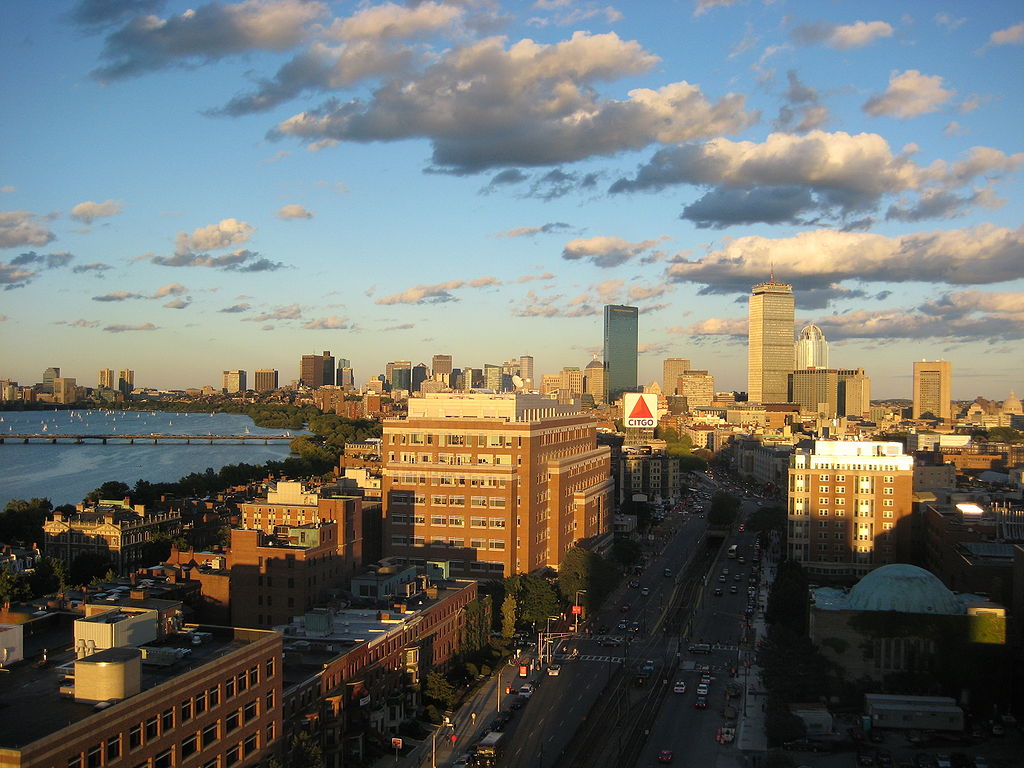
Boston University’s East Campus along Commonwealth Avenue
Upon my arrival at BU, initially excited by the anticipation of a curriculum tailored to my chosen concentrations. However, the structure of the business school led to disappointment. The design of the curriculum demanded we undertake a multitude of courses outside our major before specializing, leading me to partake in classes in fields like philosophical logic and global health. While these courses were not my primary focus, they broadened my range of education and my intellectual curiosity.
Parallel to my academic journey, the city of Boston itself represented another aspect of my BU experience. Having become raised in the chaotic natures of global metropolises like New York, Shenzhen, and Taipei, Boston’s pace and quieter winters proved a challenging transition.
The early closing hours of shops and restaurants. Coupled with the city’s serene winters, proved a difficult transition for an individual like me!

The Talbot Building located on the medical campus houses the School of Public Health
Amidst these challenges, BU has been a transformative force, profoundly shaping my personality and career aspirations. This institution introduced me to an extraordinary array of individuals – friends, mentors, and advisors who have become an integral part of my life. Their unwavering support and guidance have been instrumental in defining my outlook and preparing me for my professional career.
In retrospect, despite the rocky start and unexpected obstacles, my tenure at BU and life in Boston have been both enriching and rewarding. The downturns have been balanced by incredible relationships and personal growth. So, while my BU experience has indeed been a roller coaster ride, it’s been an exhilarating one that I would not trade for anything.
BU, or Boston University, is a private research university located in Boston, Massachusetts.
Let’s discuss the academic prestige of BU. Moreover, the cost of living in Boston, STEM and liberal arts offerings. In addition, the history of the school. However, what it’s known for, academic standards for acceptance, the admissions process. Additionally, expected GPA and SAT scores for admission, teacher faculty ratio, and the cost of attending the university.
is Wartburg College religious?
is Wartburg College religious?
Academic Prestige: Boston University is considered one of the top universities in the United States, and it is particularly renowned for its programs in business, communications, and the arts. The university has a strong reputation for research excellence and innovation, and it has produced numerous Nobel laureates and other distinguished scholars. BU is also well-known for its commitment to diversity and inclusion, with a diverse student body and faculty.

Inside Agganis Arena after a hockey game
Cost of Living: The cost of living in Boston can be relatively high compared to other cities in the United States, but it is still generally more affordable than other major cities like New York or San Francisco. Housing and dining costs can be significant expenses for students, but the university offers a range of affordable housing options for students, including dormitories and shared apartments. Additionally, there are many student discounts available for transportation and entertainment, which can help to offset the cost of living.
STEM and Liberal Arts Offerings: Boston University offers a wide range of STEM and liberal arts programs, including majors in engineering, computer science, mathematics, biology, history, literature, philosophy, and many other fields. The university also offers a variety of interdisciplinary programs, such as the Global Health program and the Digital Media program.

Martin Luther King Jr. earned a PhD from BU in 1955
History of the School: Boston University founded in 1839 as a Methodist seminary, but it has since grown into a major research university with a diverse range of academic programs. Over the years, the university has undergone many changes and transformations, but it has remained committed to its mission of providing a high-quality education to students from all backgrounds.
What BU is Known for: BU is known for its research excellence and innovation, particularly in the fields of business, communications, and the arts. The university is also known for its commitment to diversity and inclusion, with a diverse student body and faculty. Additionally, BU is known for its beautiful campus and its location in the heart of Boston, a major cultural and intellectual hub in the United States.
is Wartburg College religious?
Academic Standards for Acceptance: Boston University has high academic standards for acceptance, particularly for its most competitive programs. The university requires students to have a strong academic record, with an average GPA of around 3.5. Additionally, students are required to submit standardized test scores, such as the SAT or ACT. BU also considers other factors such as extracurricular activities and letters of recommendation.
Admissions Process: The admissions process at Boston University is highly competitive. With thousands of students vying for a limited number of spots each year. Students must submit an application, transcripts, test scores, and letters of recommendation. The admissions process is holistic. As a result, means that Boston University considers a range of factors when making decisions. Including academic performance, extracurricular activities, community service, and personal characteristics.
Expected GPA and SAT Score for Admission?
Boston University typically requires students to have an average GPA of around 3.5 or higher, although the exact GPA requirements may vary depending on the program and level of study. The university also requires students to submit standardized test scores, with an average SAT score of around 1400 or higher.
is Wartburg College religious?
is Wartburg College religious?
Teacher Faculty Ratio: Boston University has a relatively low teacher faculty ratio, with a ratio of about 10:1. This means that students have the opportunity to work closely with faculty members, who are experts in their fields, and receive individualized attention and support.
The cost of attending Boston University as an undergraduate can vary depending on a number of factors, such as whether you are an in-state or out-of-state student, whether you live on or off campus, and what program you are enrolled in. However, here are some general estimates for the cost of attendance for the 2022-2023 academic year:
Tuition and Fees:
- Tuition: $58,560 per year
- Fees: $1,188 per year
Room and Board:
- On-campus housing: $11,480-$16,190 per year, depending on the dormitory and meal plan chosen
- Off-campus housing: $10,600-$16,800 per year, depending on the location and type of housing
is Phillips Exeter worth it?
During my time at Phillips Exeter. I have been exposed to countless new cultures, religions, customs, and people from across the world. It is in stark contrast to the generally homogenous community of the public high school I attended before coming to Phillips Exeter!
I can say with certainty that never before coming to Phillips Exeter did I sit around a Harkness table with people from up to four different continents at the same time. Furthermore, discuss the pressing issues that our society faces today.
Phililips Exeter broadened my horizons greatly. In addition allowed for me to obtain a greater understanding of the world I live in.
As the math problems I faced in classes became increasingly difficult throughout my highschool years, I looked for help. I sought help from teachers, textbooks, online learning services, parents, as well as peers. Having a classmate or older student explain complex problems to me almost always yielded a stronger understanding than any of the other aforementioned methods.
For this reason, when I became given the opportunity to become a math peer tutor in my freshman year of high school. I graciously accepted. It began a bit rocky! As my level of understanding in certain areas was often less than or equal to the students who I was trying to help. However, this led me to seek a deeper understanding in all the topics I learned about. As a result, I was always able to assist those who came to me. It drove me to dig deeper. Furthermore, answer the “why” of every problem I encountered. Rather than just memorizing a method to get the right answer. This skill has served me well in many facets.
How hard is it to get into Phillips Exeter Academy?
is Wartburg College religious?

View from tower of Phillips Church, Exeter, New Hampshire. At right is the 3rd Academy Building, designed by the Boston architectural firm of Peabody & Stearns. It was built to replace the 2nd Academy Building, which burned on December 20, 1870, and would itself burn on July 4, 1914. In the distance is the Squamscott River.
Phillips Exeter Academy, located in Exeter, New Hampshire, is a prestigious, highly selective, co-educational independent boarding school. Widely regarded as one of the most academically rigorous and competitive schools in the United States. Admission to Phillips Exeter Academy is a challenging process that requires dedication and effort from applicants. This essay will explore the application process, the factors that the school considers when making admission decisions, and the level of difficulty of getting into Phillips Exeter Academy.
The application process for Phillips Exeter Academy is comprehensive and rigorous, involving multiple stages. The first stage of the process is the submission of the application, which includes essays, transcripts, standardized test scores, recommendations from teachers, and an interview. The application process is highly competitive, with the school receiving thousands of applications every year, and only admitting a fraction of the applicants.

When making admission decisions, Phillips Exeter Academy considers a range of factors, including academic achievement, extracurricular activities, character, and potential for leadership. The school looks for students who have demonstrated exceptional academic achievement, as well as a commitment to intellectual curiosity and academic rigor. Additionally, the school values students who have shown leadership potential through their involvement in extracurricular activities, community service, and other forms of engagement.
is Wartburg College religious?
The level of difficulty of getting into Phillips Exeter Academy is high, with an acceptance rate of around 15%. As a result, means that out of thousands of applicants, only a small fraction will become admitted. The school is highly selective! And looks for students who are not only academically strong but also demonstrate leadership potential, intellectual curiosity, and a commitment to serving their communities.

E. Chickering & Co. – http://lcweb2.loc.gov/cgi-bin/query/I?
The school’s high level of academic rigor and selectivity makes it an attractive option for students who are seeking a challenging and rewarding academic experience. However, it also means that the application process is highly competitive. And applicants need to become well-prepared and dedicated to their studies and extracurricular activities.
is Wartburg College religious?
In conclusion, getting into Phillips Exeter Academy is a challenging process that requires dedication, effort, and commitment from applicants. The school is highly selective and values academic achievement, leadership potential, and character.

Abraham Lincoln – http://memory.loc.gov/mss/mal/mal3/434/4340100/001.jpg
The application process is comprehensive and rigorous, involving multiple stages and requiring applicants to demonstrate their abilities and potential. While getting into Phillips Exeter Academy is challenging. It is also a highly rewarding experience for students who are seeking an academically rigorous and stimulating environment.
How hard is it to get into Phillips Exeter Academy?
What does it mean to be an ‘Exonian’ or Phillips Exeter’s best students?
What happened at Phillips Exeter?
Culture is a complex anthropological concept. John Monaghan, in his book Social and Cultural Anthropology: a Very Short Introduction, writes that “there have probably been more anthropological definitions of ‘culture’ than there have been anthropologists.” From this, it is clear that even at the scholarly level, there is difficulty nailing down an all-encompassing definition for the term.
Evidently, there will exist similarities between different definitions of culture, which can be used to generally characterize what is, and what is not culture. It is through these similarities that a working definition for culture will be synthesized, and used to analyze the origins of cultural identity at Phillips Exeter Academy.
Also in Social and Cultural Anthropology: a Very Short Introduction, Monaghan says that “however we define culture, most anthropologists agree that it has to do with those aspects of human cognition and activity that are derived from what we learn as members of society, keeping in mind that one learns a great deal that one is never explicitly taught.” Here, the insinuation is that culture is a summation of thoughts and actions learned over time, and also that it is learned indirectly, rather than taught in something akin to a classroom environment. The idea of learning culture is studied more in depth by Katherine Dettwyler in Cultural Anthropology and Human Experience: The Feast of Life. She says that culture can be simplified into three categories: what’s inside people’s heads, what people do, and what people make.
Within the first category, she emphasizes that culture is learned, shared, and patterned.
Moreover, it becomes learned because culture isn’t steadfast, it is constantly changing. Culture is shared since individuals will have overlap in terms of the beliefs, knowledge, and attitudes which help them identify with a particular group. Culture is patterned because “we find organized systems of thought and belief, patterns of thinking and systems of knowledge, not just a random hodgepodge of factoids and unrelated ideas.” Specifically, it is this pattern of ideas and factoids that gives culture significance.
Comparing the two expanded definitions of culture from both Monaghan and Dettwyler, a few concepts are clear. Culture is not instantaneous.
That is to say, it takes time to develop. Also, there is no explicit teaching, but rather it is ingrained into the individual by the society in which they exist. Logically, the next question is how exactly culture becomes ‘ingrained’ into an individual.
In the book The Best of The Best, the author Ruben Gatzambe-Fernandez explores the development of cultural identities at “Weston”, a pseudonym for the elite boarding school Phillips Exeter Academy, or “Exeter”. He evaluates admissions, language, and framing, in his consideration of how a student comes to identify themselves with Exeter, which is most often through the use of the term “Exonian”.
The first step towards a student identifying themselves as an Exonian, and thus a member of the group of people which form the culture at Phillips Exeter, is the admissions process.
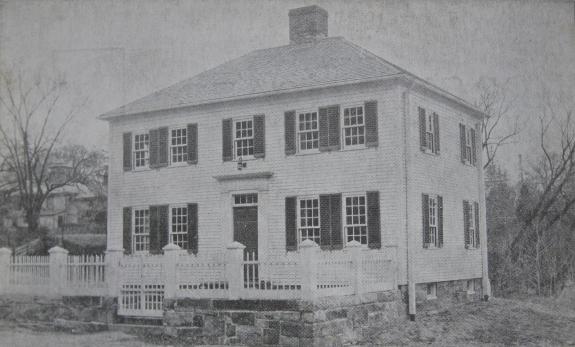
Students, not made aware of the explicit reason that they become admitted to Exeter when they receive notice of admission. The effects of this are twofold. One, it disbands the possibility of a student who did not become admitted comparing themselves to those who were with specific evidence as to why.
Secondly, “it is the initial step toward internalizing the notion that, while ‘Weston is not for everybody,’ it is certainly for them.” The offer of admission confirms this notion in the student’s mind. It is a rite of passage. Meaning it represents a passing from one world to another, in this case, the transition into Exeter from a different school environment.
Within the broad category of rites of passage, there exists a subgroup of transition rites, exemplified by the likes of betrothal, or in this case, initiation.
After students receive their admissions letter, students reflect on why they belong at Exeter. Jack Mitchell, one of Fernandez’ interviewees, attributes his acceptance to his willingness to have meaningful discussions. In his admissions interview, he recalls saying:
“I feel that I always have things to say, and if I don’t have things to say, I’m interested in what someone else has to say.”

As Fernandez mentions often, discussion skills are crucial to becoming Exonian, and Jack is trying to show that he has what it takes.
When Jack is explaining why he believes he belongs at Exeter, he is legitimizing his presence there.
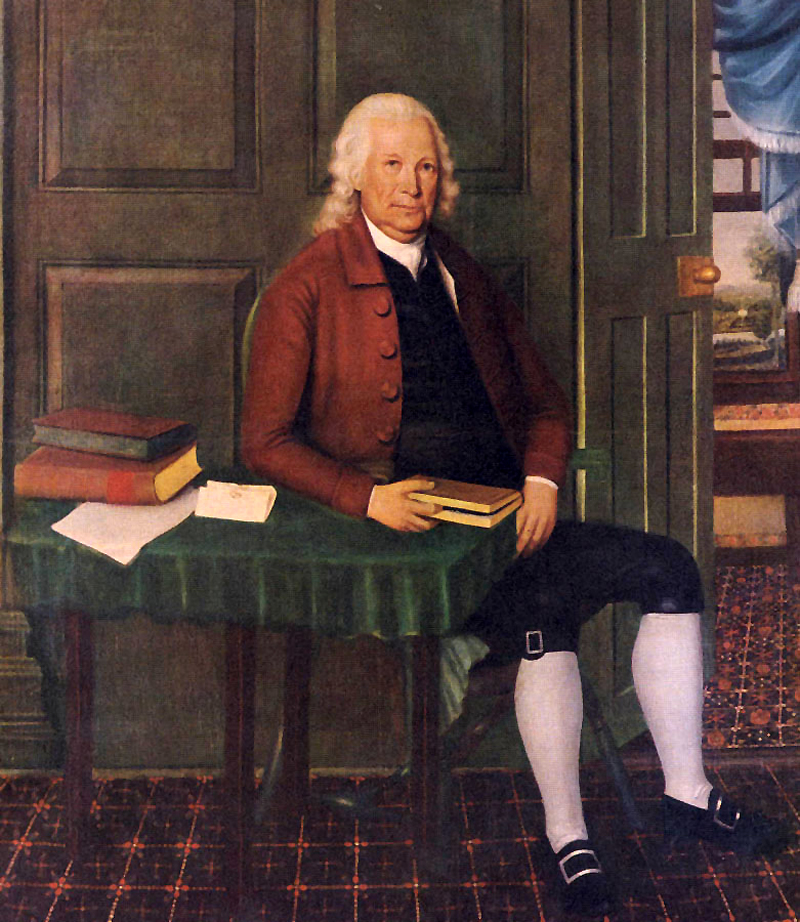
The term Legitimation, as defined in Peter Berger’s The Social Construction of Reality is “this process of ‘explaining’ and justifying.” In this instance, legitimation takes the form of spoken language, and allows Jack to rationalize his place at Exeter. He reasons that because he is good at discussion, one of the key parts of becoming an Exonian according to many students interviewed by Fernandez, he deserves to be at Exeter.
is Wartburg College religious?
is Wartburg College religious?
Post admission, and the legitimation of their own personal place in the ranks of Exeter students, individuals continue to construct their cultural identity through language. “Language might be called the domain of articulations … Language can also be compared with a sheet of paper: thought is the front and the sound the back; one cannot cut the front without cutting the back at the same time.”
Furthermore, Language becomes connected to thoughts. Which are key to internalizing a particular cultural identity. The word that Fernandez found most intertwined to the cultural identity of Exeter students is “smart”. A good way to see this becomes through the constructing of boundaries between groups on campus. Who become considered “smart”, and those considered not. “Students use the category of PG as a way to distinguish and draw boundaries around themselves as Westonians who are smart and work hard.” The word smart becomes associated with exclusively students who are not of the PG category.
Since most students view PGs as “Weston students who are not Westonians”. As a result, distinguishing themselves from PGs thus makes a student more “Westonian”.

In essence, language becomes used to reinforce their cultural identity as Westonian. As a result of separating themselves from the group considered not to be. In addition to language, there is another underlying anthropological concept in this method of cultural identification. It is framing. Frames “are mental structures that shape the way we see the world.” An example of a frame would be that Ethan is a PG, so Ethan is dumb. It allows individuals to reinforce their own ideas about culture.
Culture has no unilateral definition.


is Wartburg College religious?
However, the case study of Phillips Exeter provides great insight into what exactly culture has manifest itself into. Additionally how it becomes constructed. Furthermore, students at Exeter begin as outsiders. Thus, begin the creation of their cultural identity as Exonians upon acceptance to the institution. From there, they legitimize their presence.
In conclusion, language structures to separate themselves from those considered not Exonian. And thus, more closely associating themselves with the term. Furthermore, it is a process that takes time, as culture is not instantaneous. Lastly, through what they think, what they do, and what they make. Exeter students slowly come to associate themselves with the cultural identity of an Exeter student, being Exonian.
is Wartburg College religious?
is Wartburg College religious?
Phillips Exeter Academy | Exeter
How to Get Into Phillips Exeter Academy – Test Innovators
Phillips Exeter Academy – Acceptance Rate, Tuition, Ranking, and More – collegegazette.com
Most Selective Boarding Schools in America (businessinsider.com)
Smith College | Knowledge. Generosity. Community.
2022-2023 Best Colleges | College Rankings and Data | US News Education
Compare Campus and Online Colleges,
Universities & Career Schools | CompareTopSchools.com
2023 College Rankings – Niche
Best Colleges 2023 | College Ranking List | The Princeton Review
Forbes America’s Top Colleges List 2022
University of Massachusetts-Amherst – Tuition & Fees, Net Price (collegetuitioncompare.com)
is Wartburg College religious?













